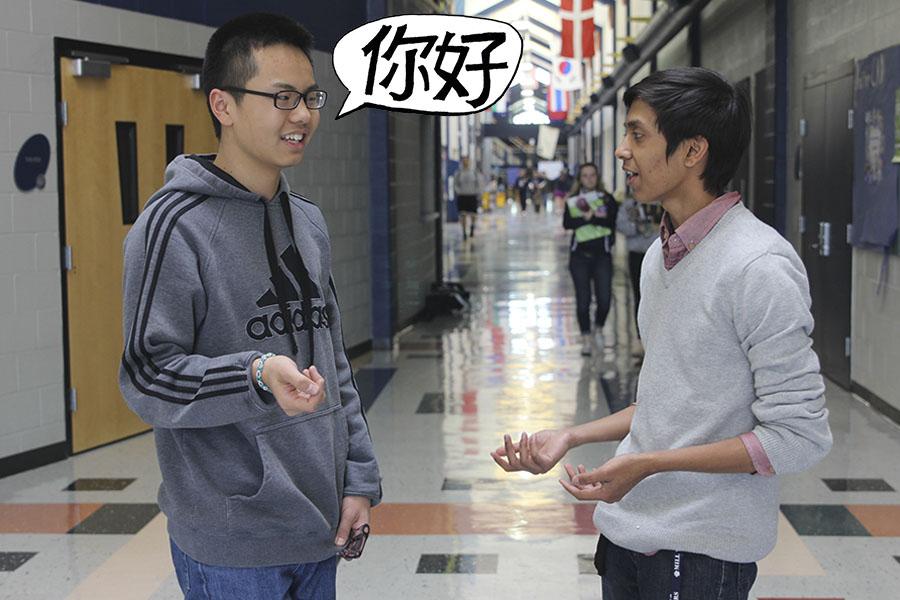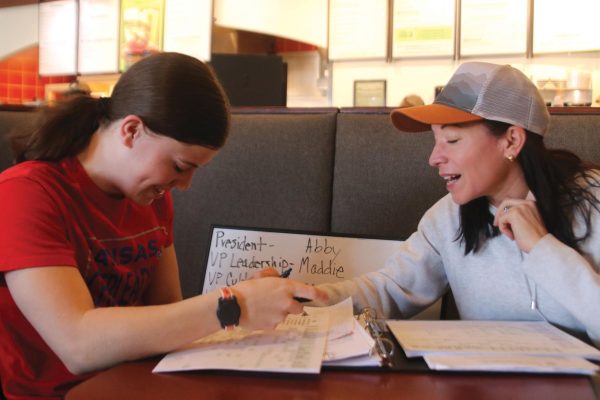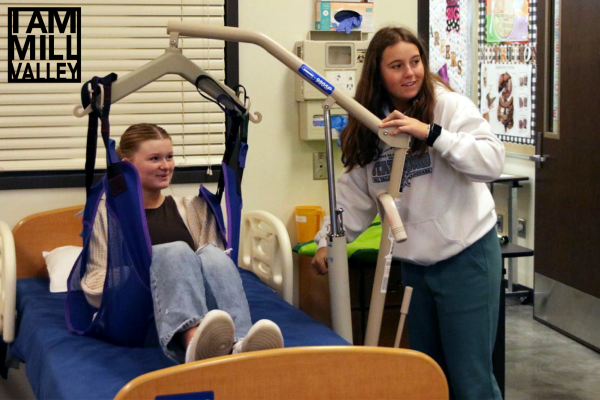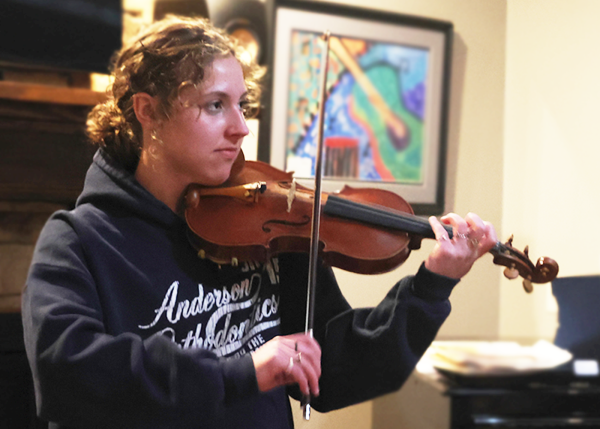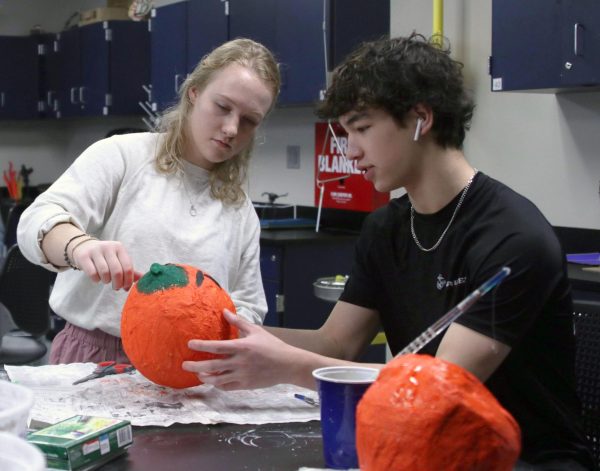Students describe their experiences with bilingualism
Bilingualism has multiple advantages, disadvantages
While sitting in Spanish class, sophomore Marianne Hoyt flies through her work with ease because of her bilingualism in English and Spanish.
Bilingualism is the ability to speak two languages fluently. This is something that few students have the ability to do.
Hoyt is a bilingual student who became fluent in Spanish before learning English.
“I lived in Mexico and the Dominican Republic when I was younger,” Hoyt said. “I really began [to learn Spanish] when my mom started teaching me.”
Sophomore Helina Mckonnen learned Amharic from her family who originally came from Ethiopia.
“I really didn’t know that much about [the language] until my aunt moved here because she doesn’t speak English at all,” Mckonnen said. “I was forced to learn the language so I could communicate with her.”
Freshman Jason Chen achieved his fluency in Mandarin in a more formal school environment as well as from his family.
“I used to go to a Chinese Sunday school,” Chen said. “My parents are from China so I [learned from them too.]”
Hoyt believes that one benefit of speaking two languages is that it could be a useful tool for her future.
“I can speak multiple languages, and if I ever had to speak Spanish I would be able to,” Hoyt said.
Being bilingual also helps these students communicate with their families and friends.
“I speak it because most of my family speaks it,” Mckonnen said. “I also go to an Ethiopian church where I need to be able to speak the language.”
Sophomore Rohit Biswas learned Bengali at a young age and mainly speaks it at home with his family.
“[Speaking and understanding another language] means that I can speak to my family easier,” Biswas said.
Knowing another language also helps Hoyt with her education and daily life.
“Spanish class comes very easy to me,” Hoyt said. “I can understand people and join in on conversations.”
Although there are some advantages to being bilingual, it is hard for Mckonnen to differentiate between languages in school.
“I got confused a lot this year because I am taking Spanish,” Mckonnen said. “Some words in Spanish are said the same way in Amharic.”
Biswas runs into similar problems such as mispronouncing words and mixing languages up, leads to confusion in conversations.
“When I am talking to people that I speak Bengali with, I have to switch over to English,” Biswas said. “It’s weird because we have words in Bengali that we don’t have in English.”
Chen has discovered this problem as well.
“Sometimes I mix languages,” Chen said. “I say some weird stuff.”
As children, being left out of conversations within their families led some students to become more focused and interested in being bilingual.
“I didn’t start getting serious about [being bilingual] until I was five or six,” Mckonnen said. “I just thought since everyone in my family spoke [Amharic] I didn’t want to be the only one who didn’t speak it.”
Hoyt had a similar experience with her interest in Spanish.
“It wasn’t until I was eight that I began to grow an interest in the language,” said Hoyt. “Just being able to understand and speak [Spanish] is the way I communicate with my family.”
For Hoyt, speaking Spanish helps her understand her family’s background and how to communicate with them.
“My family is Mexican,” Hoyt said. “Speaking Spanish helps me understand their culture and what they are saying and how to speak to them.”



